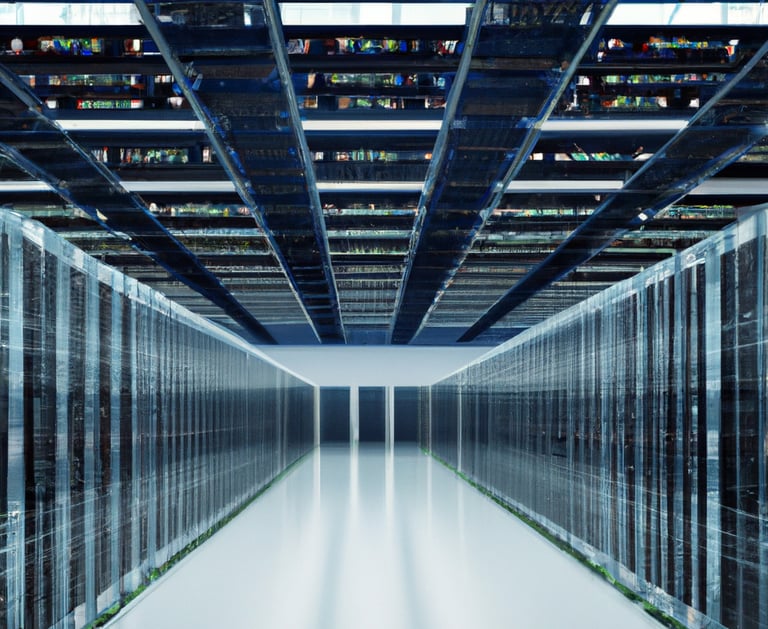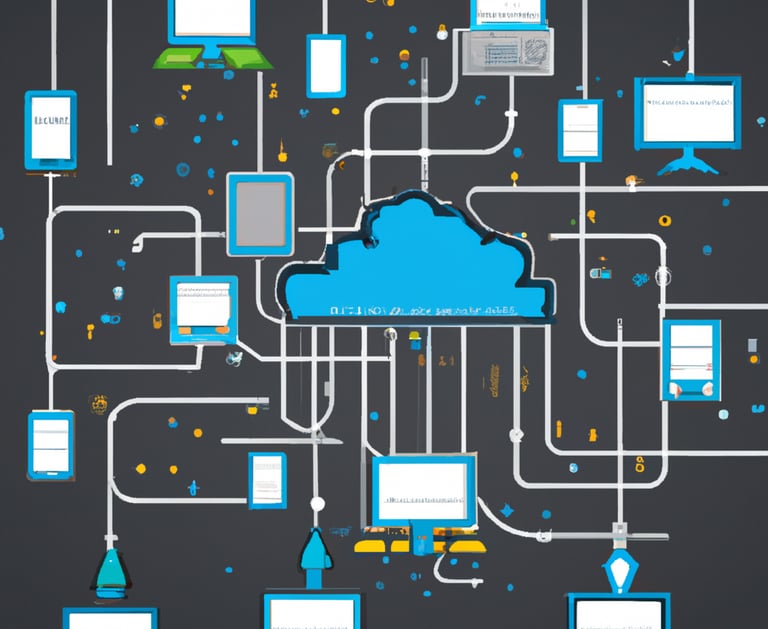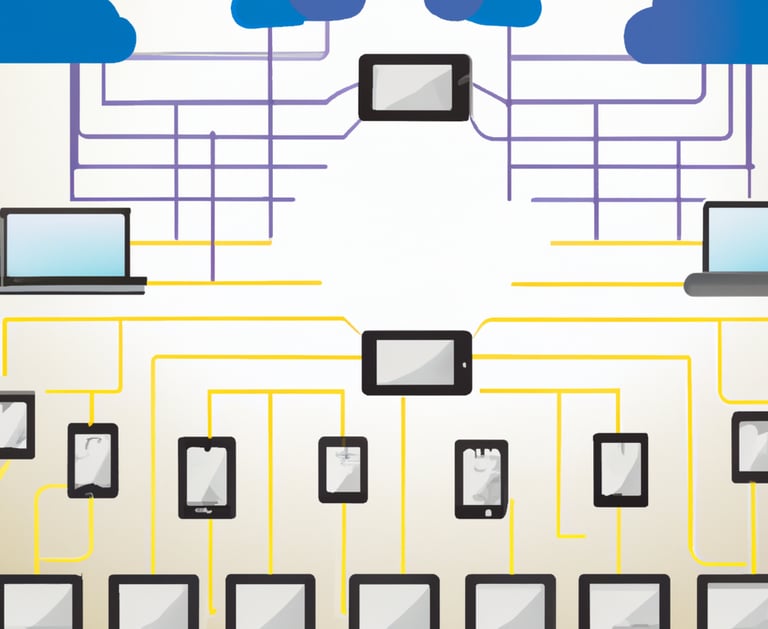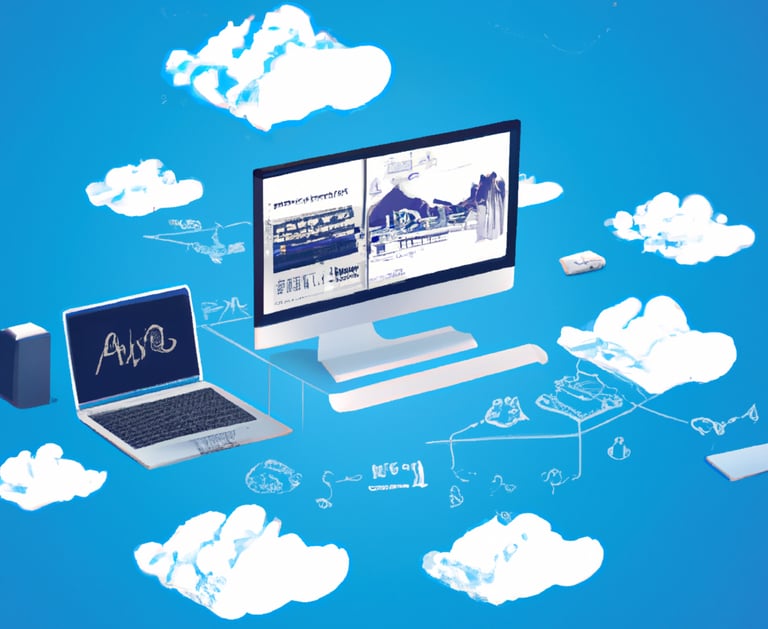The Future of Cloud Computing: Investigating How Cloud Computing is Changing the Way We Store, Access, and Process Data
Cloud computing is a term used to describe the practice of storing, accessing, and processing data over the internet, rather than on local servers or personal devices. In recent years, cloud computing has become increasingly popular, with businesses and individuals alike embracing the convenience and flexibility it provides. In this article, we'll explore the basics of cloud computing, its current applications, and the role it will play in the future of technology.


What is Cloud Computing?
At its core, cloud computing refers to the practice of using remote servers, networks, and other technologies to store, manage, and process data. This can include everything from storing files and accessing software to running complex applications and virtual machines. Cloud computing is typically accessed over the internet, providing users with a highly flexible and scalable solution for their data needs.


Applications of Cloud Computing
One of the most significant applications of cloud computing is in the realm of business and enterprise. Cloud-based solutions such as Software as a Service (SaaS) and Infrastructure as a Service (IaaS) provide companies with highly scalable and flexible solutions for their data storage and processing needs.
Cloud computing is also being used in the realm of artificial intelligence and machine learning, providing researchers and developers with access to powerful computing resources and data analytics tools.


The Future of Cloud Computing
As cloud computing continues to grow and evolve, we can expect to see even more innovative and impactful applications of this technology in the years to come. From healthcare and finance to manufacturing and transportation, cloud computing has the potential to revolutionize many different fields and industries.
One of the most significant developments in the future of cloud computing is the emergence of edge computing, which involves processing data on devices at the edge of the network, rather than in centralized data centers. This approach is expected to improve the speed and efficiency of data processing, making it possible to run complex applications and services on smaller devices such as smartphones and IoT-enabled devices.


Cloud computing represents a major shift in the way we think about and interact with data. By providing highly flexible, scalable, and accessible solutions for data storage and processing, cloud computing has the potential to transform many different fields and industries. With its endless possibilities and exciting potential, cloud computing is sure to play an increasingly important role in shaping the world of technology and beyond.


